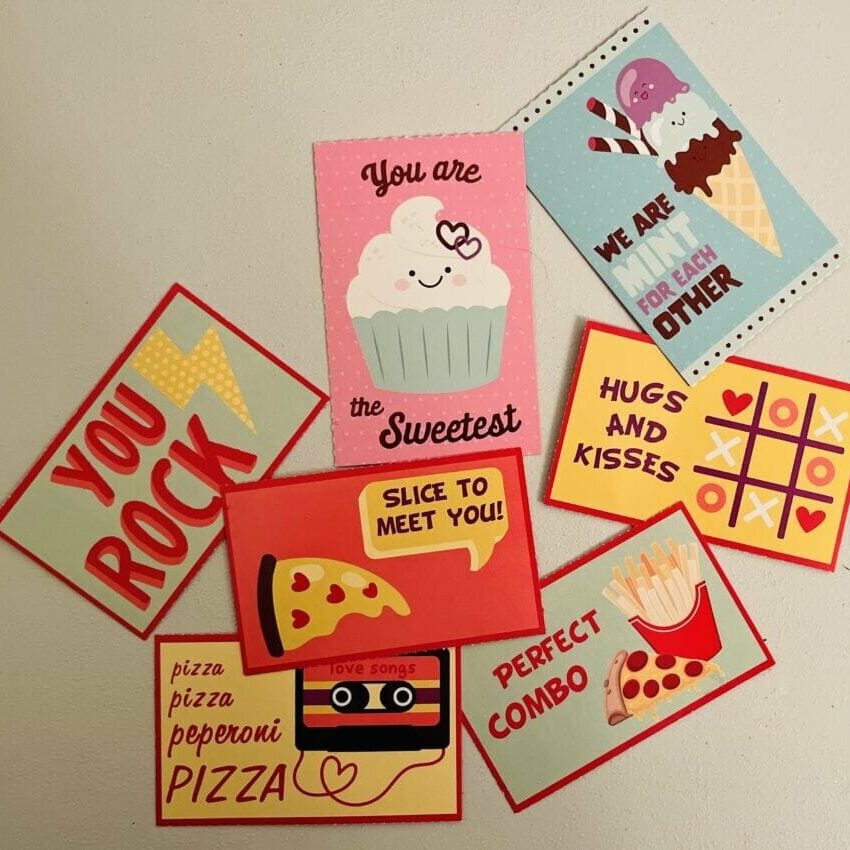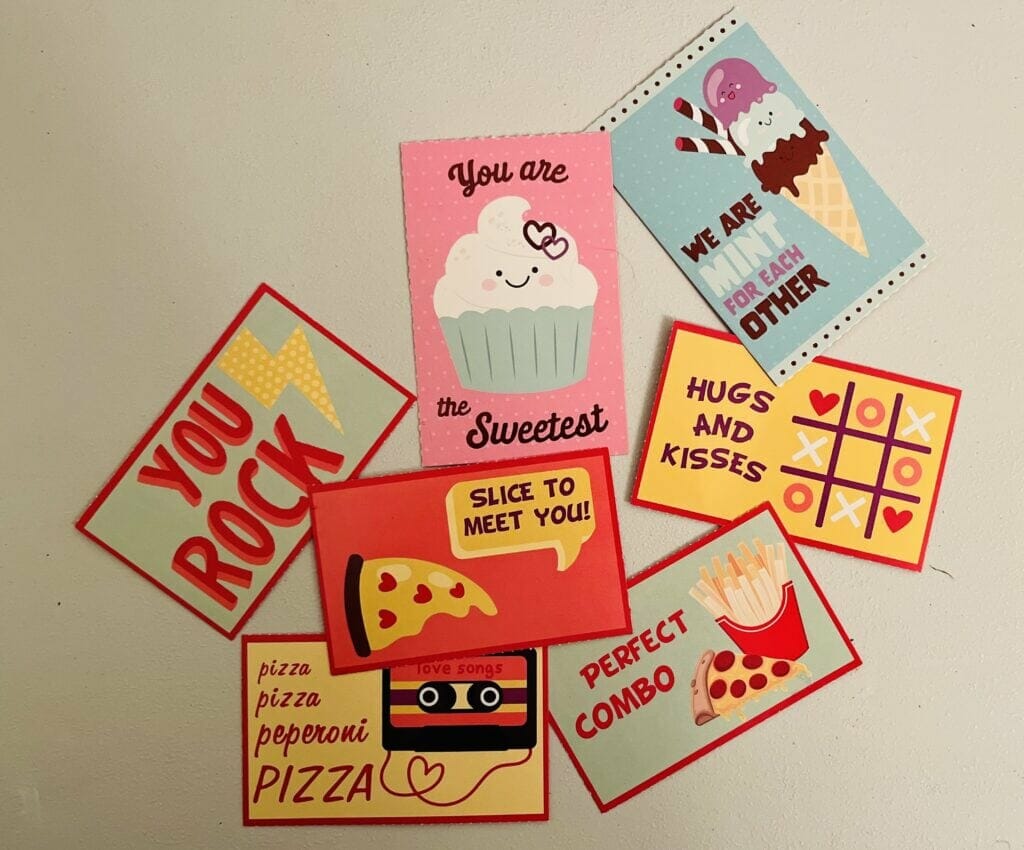
The five love languages are meant to help people understand how they feel love and how they give love, but isn’t human emotion more complicated than that?
Although I relate to some of the love languages, I think love is hard to fit into one of five boxes.
Gary Chapman, author of “The Five Love Languages”, defined five ways people express and receive love: physical touch, acts of service, quality time, gift-giving and words of affirmation.
Back in 2019, the Dalhousie Gazette interviewed Chapman and he admitted that there is no scientific research to back the love languages. However, millions of people responded positively to his book online when it was first released.
In August 2022, researchers Rudy C. Pett, Priscilla A. Lozano and Sarah Varga conducted research on Chapman’s love languages. The resulting paper was titled, “Revisiting the Languages of Love: An Empirical Test of the Validity Assumptions Underlying Chapman’s (2015) Five Love Languages Typology.”
Pett, Lozano and Varga collected data on how 347 undergraduate students at a university in the southwestern United States express and receive love, and how it related to Chapman’s love languages.
Not only did they validate the love languages, but they also collected data that suggested a sixth love language: check-ins.
Another love language?
To me, check-ins are a basic form of love, but not specifically a language. I check in on everyone I know all the time. Hell, I call my mom almost every day just to see what she’s up to.
I think the sixth love language should be sharing your favourite music with someone you love. Personally, I need my partner and friends to have a similar music taste to me and having someone to enjoy the little things with is vital.
After all, that’s what love is about right?
Quiz time
In the name of love (and research), my boyfriend and I took The Love LanguageTM quiz to officially tell us what our love languages are. It should be the first result upon a Google search.
Unsurprisingly, we both got quality time, which makes a whole lot of sense. We enjoy spending time with one another, being in the same room and occasionally building a Lego set together. A lot of our time is spent gaming, separately, but together to wind down after a busy day.
This quality time does help us feel more connected to each other, but it can’t stand alone.
If we were to only spend time together as we usually do during our game nights, I would not feel loved enough to uphold a relationship.

What do students think?
Fourth-year Dalhousie University psychology student Johanna Loock got acts of service as her love lanuage.
“I don’t know just how valid the love languages are, but I think it’s important to not stick to just one. Like you can’t be 100 per cent acts of service. You need a bit of everything,” says Loock. “I like the idea that we all like to show love in a variety of ways and some more than others.”
The quiz results give you a percentage between all five love languages, with the highest-percentage language predicted to be your love language, based on your answers.
These percentages also give you the option of tying with other results, which is more common than you might think.
Alec MacEachen, a fourth-year Dal economics student and Loock’s partner, got a three-way tie between quality time, physical touch and acts of service.
“I would bet most people would have a similar experience with two or three love languages having similar scores,” says MacEachen.
Loock says, “I like that they show you the scores for all instead of just confining you to one language.”
Can’t just stick to one …
I think love languages need to be used in conjunction with each other to express your love for someone in a healthy way.
I try to do all of them equally in my relationship. For example, we watch movies together, I get him his favourite chocolate when he’s feeling down, we hold hands in public (scandal), I cook him breakfast (although I’m not a great cook) and I tell him I love him all the time.
All these things are fundamental to how I show love.
Relationships stand on more complex pillars, such as communication, intimacy, attraction, respect and love.
Love, although almost impossible to define, is the basis of any relationship. However you show love, I think it should be supported with communication to ensure that your partner feels it too.






